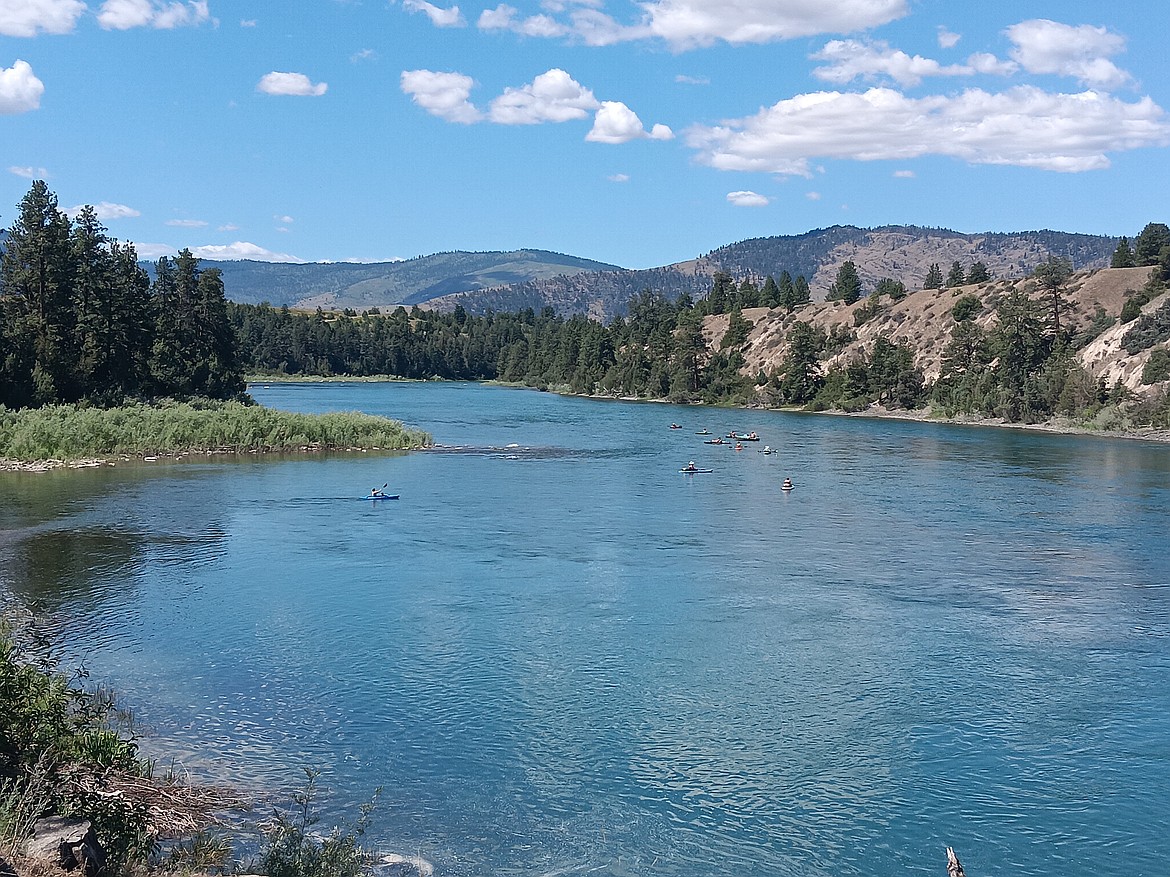Land Board votes to authorize state water regulator to protest 18 water rights
The Montana Land Board last week voted 4-1 to authorize Montana’s water right regulator to file protests on 18 privately held water rights that are used to irrigate State Trust Land.
The vote follows last year’s heated debate over the ownership of water rights developed on private land but used, at least partially, to grow crops or water livestock on leased state land. The Montana Department of Natural Resources and Conservation had argued that the state retains a partial ownership in such water rights — which are often quite valuable — because they aren’t worth as much without their use on “appurtenant” school trust land. The Montana Supreme Court unanimously agreed, noting the contributions state trust lands make to the state’s public K-12 system.
The Supreme Court’s decision incensed the Senior Ag Water Rights Alliance, which argued that the state’s approach to such water rights is “government bureaucracy gone insane” and pushed the Land Board, which is composed of Montana’s top five elected officials, for more visibility into DNRC’s administration of water rights. All five Land Board members are Republicans.
Forty minutes into the Land Board meeting, Lt. Gov. Kristen Juras (who ran the meeting in Gov. Greg Gianforte’s absence) closed the proceedings to the public, citing a forthcoming discussion of “strategies of litigation.”
Montana Attorney General Austin Knudsen argued against the meeting closure, saying the public deserved more notice and information on the nature of DNRC’s objection to the 18 upper Clark Fork river water rights in question.
“I don’t think we should be having these discussions behind closed doors. This is simply an approval. I don’t think this is litigation strategy,” said Knudsen, who registered the lone dissent in the subsequent vote.
After Juras reopened the meeting to the public, James Brown, the state auditor and insurance commissioner, emphasized that the Land Board’s vote doesn’t close the books on the matter. It merely gives the DNRC the opportunity to “participate in the Montana Water Court process in order to protect the rights of the trust beneficiaries,” he said.

